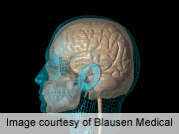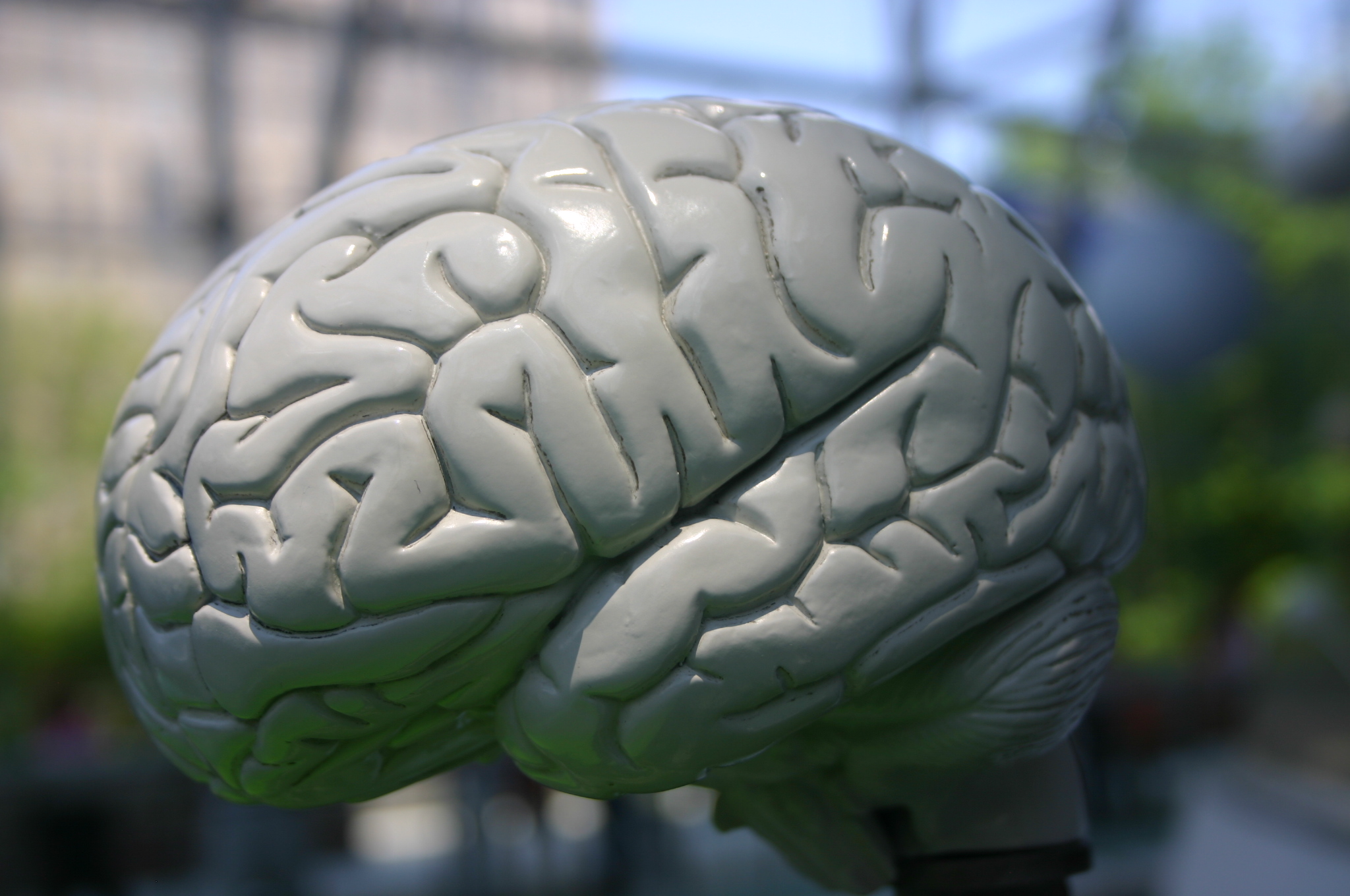
FRIDAY, Sept. 13 (HealthDay News) — People who are bilingual, or speak two languages, likely have more mental flexibility than those who speak just one language, according to a new study.
Researchers from Penn State University found that bilingual people have both languages active at all times and process both languages simultaneously. As a result, they are able to alternate between them without interruption.
“In the past, bilinguals were looked down upon,” said Judith Kroll, professor of psychology, linguistics and women’s studies, in a university news release. “Not only is bilingualism not bad for you, it may be really good. When you’re switching languages all the time, it strengthens your mental muscle, and your executive function becomes enhanced.”
The study, published recently in the journal Frontiers in Psychology, involved two experiments. First, the researchers had 27 people who spoke both Spanish and English read 512 sentences written in one language or the other. The languages alternated every two lines. The participants read the sentences to themselves until they came to a word written in red. The red words were cognates, or words that sounded and looked similar and had the same meaning in both languages. These red words had to be read out loud as quickly and accurately as possible.
“Cognate words were processed more quickly than control words,” suggesting that both languages are active at the same time, Jason Gullifer, a graduate student in psychology, said in the news release.
Participants in the second experiment completed the same task as the first group, but they were presented with only one language at a time. Since the results of the second experiment were similar to the first, the researchers concluded that context does not influence word recognition.
“The context of the experiment didn’t seem to matter,” Gullifer said. “If you look at bilinguals, there seems to be some kind of mechanistic control.”
More information
The U.S. National Institutes of Health provides more information on the bilingual brain.
Copyright © 2026 HealthDay. All rights reserved.

